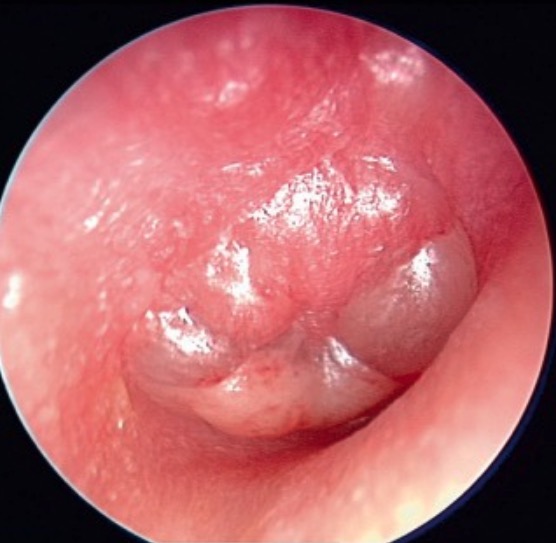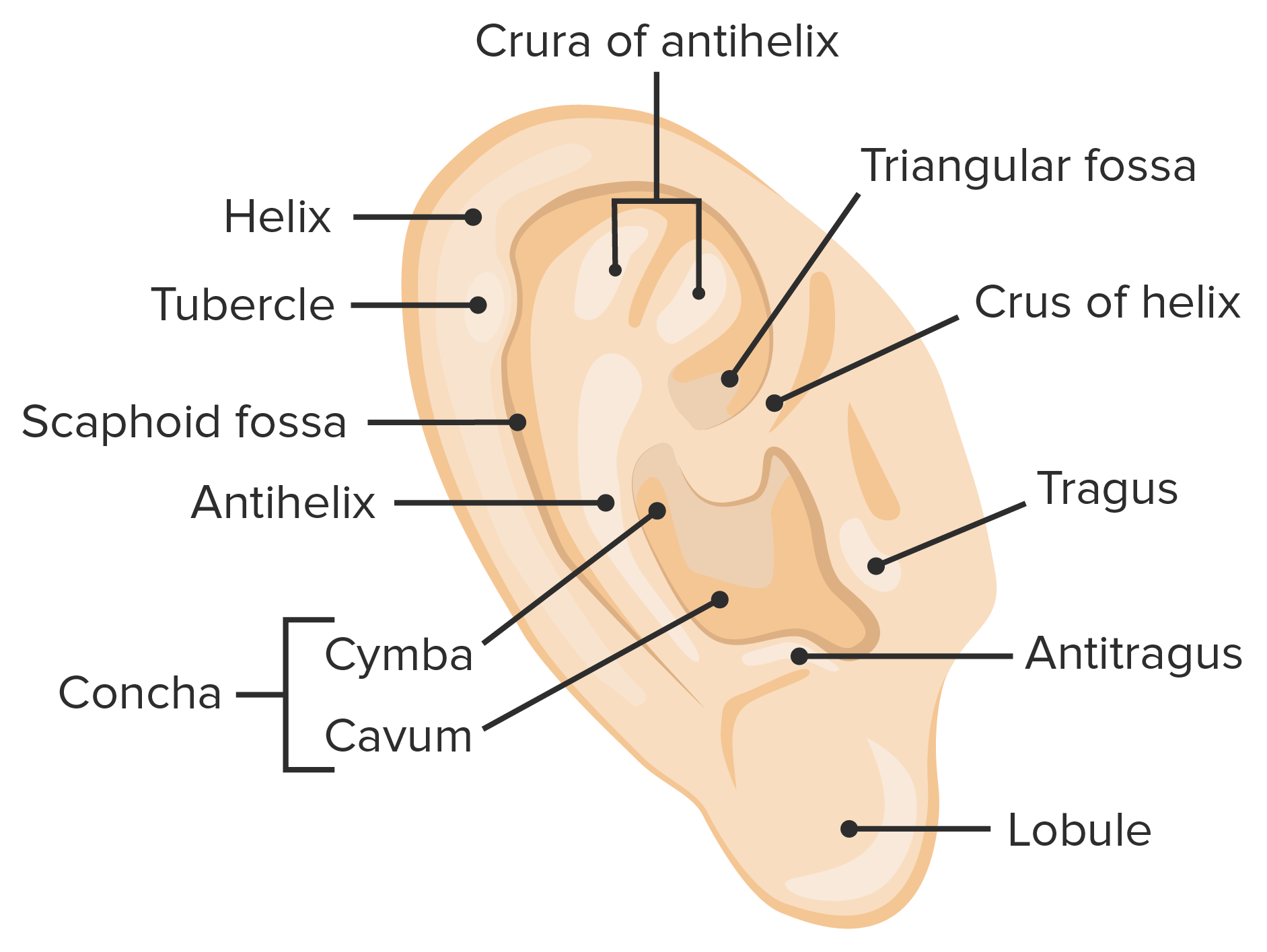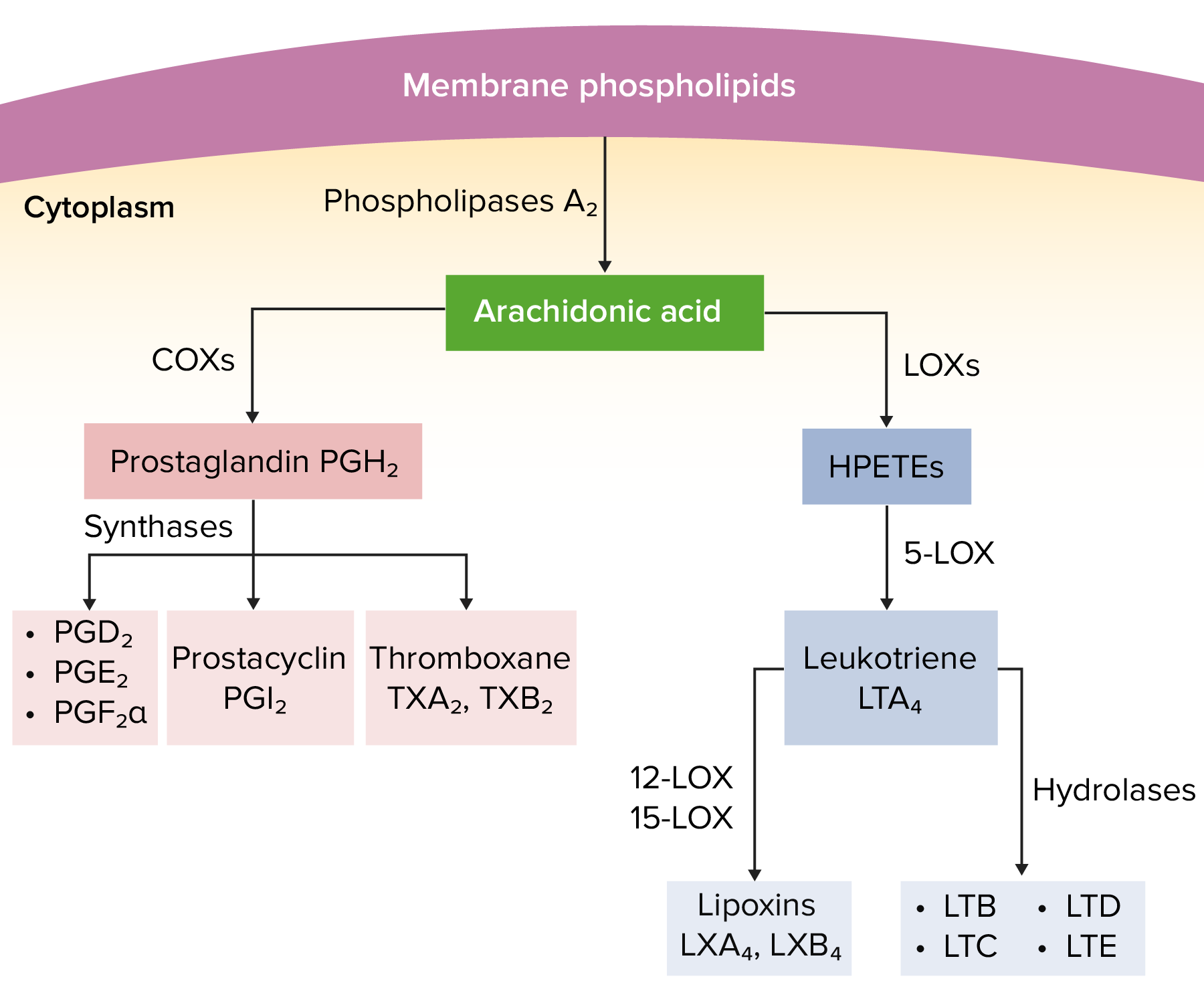Playlist
Show Playlist
Hide Playlist
Acute Otitis Media (Middle Ear Infection): Management
-
Slides OtitisMedia InfectiousDiseases.pdf
-
Reference List Infectious Diseases.pdf
-
Download Lecture Overview
00:01 So in terms of our therapy, observation isn’t necessarily bad in a child who’s not that sick because 80% of the patients resolve in two to seven days without any antibiotics. 00:16 Now, 90% of them resolve with antibiotics, so there is a salutary effect of antibiotics. 00:24 But there’s certainly no harm in deferring antibiotics for 48 to 72 hours, especially in a patient that you’re not sure, you think they may have just a viral illness. 00:36 However, those patients obviously should be able to be followed closely. 00:41 You don’t want to overlook a child who’s deteriorating or a child that might develop meningitis, for example. 00:49 And then there’s pain control and you can certainly give things like acetaminophen to children. 00:56 I would generally stay away from ibuprofen, except in maybe adults. 01:02 And you obviously have to avoid aspirin because of the possibility in children of Reye’s syndrome. 01:12 So let’s look at what you would choose. 01:15 Empirically, you’ve got to pick an agent that has activity against the three big bugs-- Streptococcus pneumoniae, Haemophilus influenzae, and Moraxella catarrhalis. 01:28 And so, you’re ordinarily going to treat those without a culture. 01:33 So what you’re going to be choosing for mild to moderate illness would be amoxicillin alone. 01:42 In patients who received bata-lactam in the last 30 days or on those with concomitant conjunctivitis, I would use the combination drug amoxicillin/clavulanate and that will pick up some of the organisms that make beta-lactamase. 01:56 If the patient is truly penicillin allergic, it’s an oral cephalosporin, one of those would be the best choice. 02:07 Now, in a seriously ill patient where you actually have cultures, then you can design and tailor your therapy accordingly. 02:15 How long you treat? I like to say to my students the answer is yes. 02:23 We’re not sure exactly how long to treat. 02:25 If they’re less than two years of age, we say the magic 10 days. 02:31 If they’re two to five years of age, five to seven days. 02:35 But I can tell you this, that in many studies of many infectious diseases, we are finding that fewer days of antibiotic therapy is sufficient, and especially when you think about all the resistant microorganisms that are developing in our world. 02:52 Shorter duration therapy certainly seems to be prudent if it’s possible.
About the Lecture
The lecture Acute Otitis Media (Middle Ear Infection): Management by John Fisher, MD is from the course Upper Respiratory Infections.
Included Quiz Questions
A 4-year-old boy is brought to your office because of left ear pain for one day. He has no history of a serious illness. He has a mild fever. His respiratory rate and heart rate are within normal limits. He does not appear in any distress and is playing with a toy car on the office bench. Physical examination shows lymphadenopathy of the anterior neck without tonsilar exudates or rash. Otoscopy shows a slightly bulging left tympanic membrane. Which of the following is the most appropriate next step in management?
- Initial observation if the caretakers understand the risks and benefits.
- Initial observation regardless of caretakers understanding the risks and benefits.
- Immediate treatment with ciprofloxacin
- Tympanostomy tube placement
- Tympanocentesis and culture
Which of the following is the most appropriate pain control drug for otitis media in a 6-month-old baby?
- Acetaminophen
- Decongestants
- Aspirin
- Acetaminophen/hydrocodone
- Lidocaine otic drops
Which of the following pathogens are the most common causes of bacterial otitis media in otherwise healthy children?
- Streptococcus pneumoniae, Haemophilus influenzae, Moraxella catarrhalis
- Methacillin resistant Staphylococcus aureus, Haemophilus influenzae, Streptococcus pneumonia
- Methacillin resistant Staphylococcus aureus, Haemophilus influenzae, Moraxella catarrhalis
- Streptococcus pyogenes, Haemophilus influenzae, Moraxella catarrhalis
- Streptococcus pneumoniae, Haemophilus influenzae, and Chlamydophila pneumoniae
Customer reviews
5,0 of 5 stars
| 5 Stars |
|
5 |
| 4 Stars |
|
0 |
| 3 Stars |
|
0 |
| 2 Stars |
|
0 |
| 1 Star |
|
0 |






